15 Human Foods That Are Actually Safe For Dogs
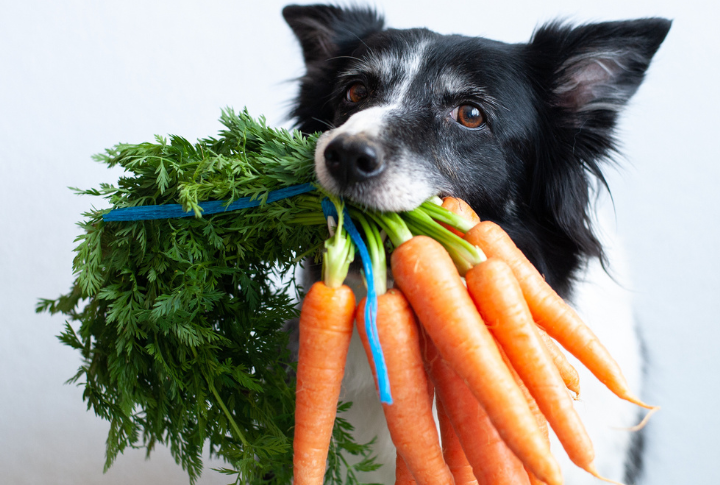
Domesticated dogs are omnivores, which means they can eat plant and animal-based foods, making their dietary needs similar to humans. However, just because they can eat certain foods doesn’t mean they can safely consume everything humans can. Here is a list of 15 items our beloved canines can eat apart from regular dog food.
Peanut Butter

Pet parents would have surely noticed their dog’s love for peanut butter. The good news is that this delicious treat is packed with proteins, vitamins, and good fat and is suitable for them in moderate quantities. Nonetheless, make sure not to purchase sugar-free peanut butter as it contains sugar substitutes that are bad for your canines.
Carrots

It isn’t only a rabbit’s staple diet but is also ideal for our canine pals. Beta-carotene in carrots converts into vitamin A, supporting your vision and immune system. The natural sweetness makes it irresistible for them. You can serve carrots raw as it helps clean their teeth and maintain dental hygiene.
Blueberries

For dogs with a sweet tooth, we recommend adding blueberries to their daily diet. These colorful, sweet, and slightly tart berries are more than just tasty. Blueberries are a source of fiber and antioxidants, which benefit their health. Regularly eating this fruit can help reduce the risk of developing age-related diseases.
Pumpkin

Did you know pumpkins help with both diarrhea and constipation in dogs? Add a small scoop of plain canned pumpkin puree to their food, making sure it has no added spices. Avoid pumpkin pie filling, as it may contain harmful ingredients. You can also give them a bit of pumpkin flesh, but avoid the stems, leaves, skin, and raw seeds.
Yogurt

Another food item that will help your dog’s digestion is yogurt, a probiotic powerhouse. Try to choose a plain variety without added sugars or artificial sweeteners, and serve a tiny spoonful as a treat or mix it into their regular food for a creamy addition. Yogurt’s probiotics can help maintain a healthy balance of bacteria in the gut.
Eggs
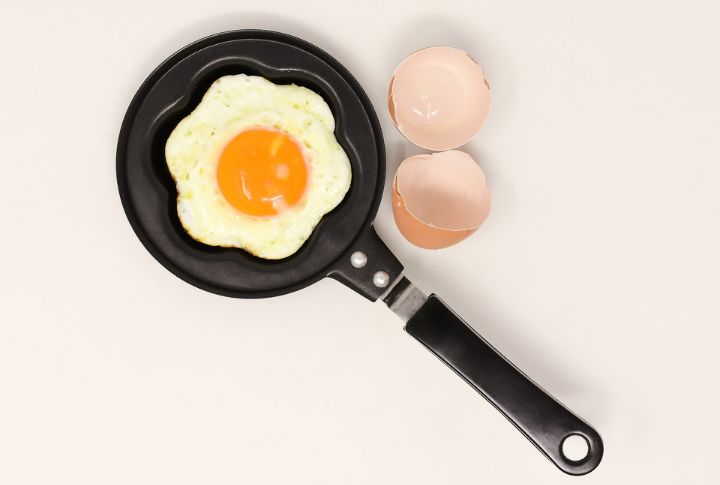
Eggs contain protein, vitamins, minerals, healthy fats, and biotin, which is especially good for their skin and coat. When feeding eggs, ensure they are fully cooked and free from additives or seasonings like salt, oil, or condiments. Avoid feeding raw eggs, as they can carry the risk of salmonella and other food-borne bacteria.
Sweet Potatoes
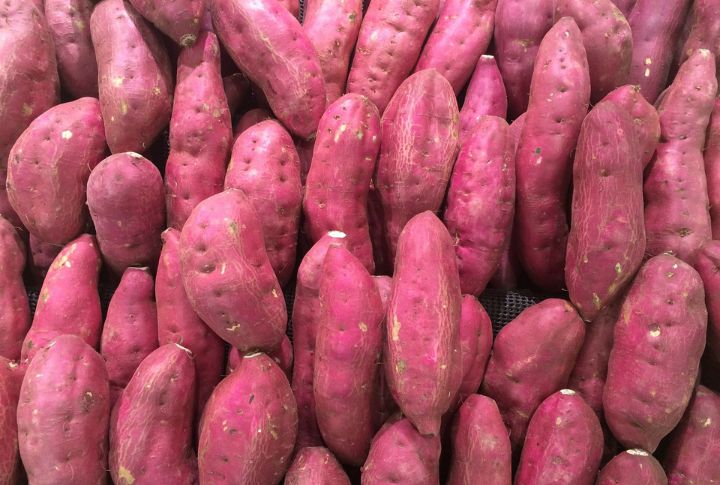
It is easy to digest and rich in vitamin A, which benefits eye health and the immune system. But remember, too much vitamin A can cause bone problems and muscle weakness. Therefore, although sweet potatoes are safe and nutritious, they should be served in moderation. So, sometimes, you can mix a few sweet potatoes into regular food.
Green Beans
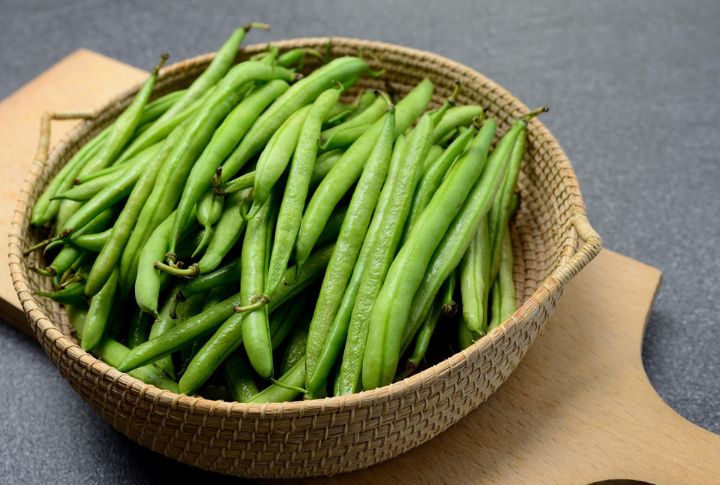
This vegetable can help your dog feel full without adding extra pounds, making it great for weight management. Cooked green beans provide fiber, vitamin C, and other nutrients that support overall health. Like many veggies, green beans are a healthy dog option.
Coconut
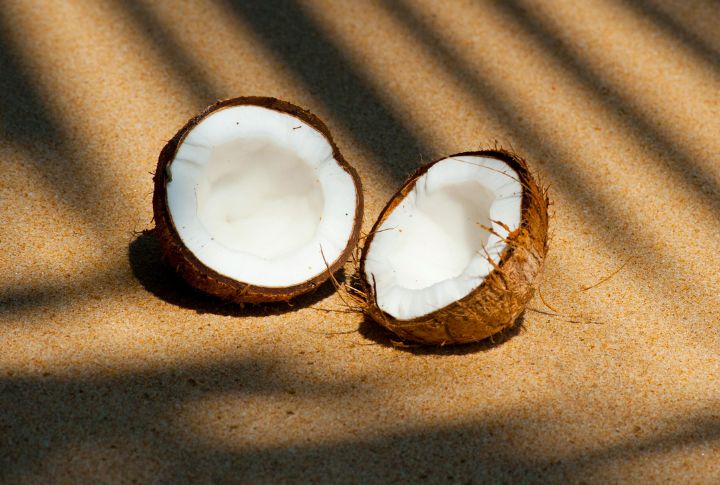
Coconut-infused foods are known for their anti-inflammatory benefits and for strengthening dogs’ coats. You can massage coconut oil onto their fur, and they can also eat coconut! This tasty tropical fruit is a fatty antioxidant, so it’s best to feed them in moderation to avoid overloading them with fats.
Rice
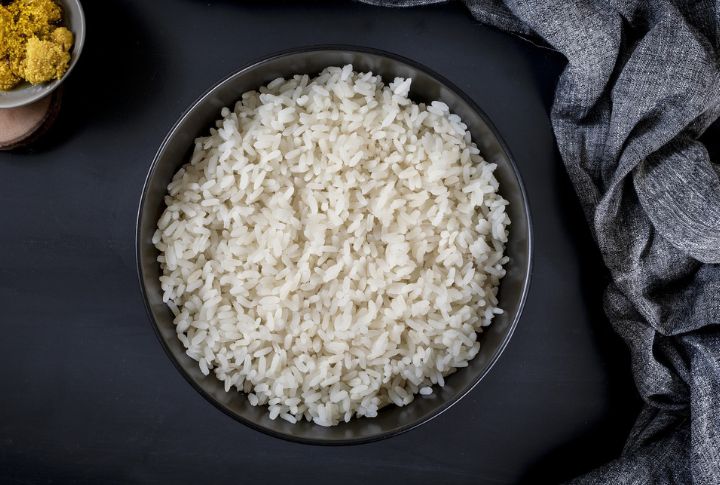
Dogs can safely eat plain, unseasoned white or brown rice. It is gentle on their digestive system, and Veterinarians often recommend mixing rice with plain chicken for dogs who need a bland diet. Whether you’re helping them recover from diarrhea or want to add a healthy grain, rice is a versatile and beneficial option.
Seedless Watermelon
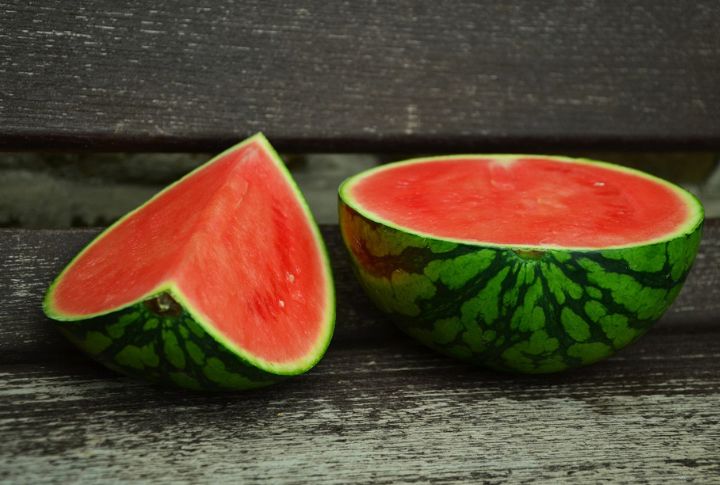
Watermelons are hydrating, sweet, and packed with vitamins A and C, providing essential nutrients that boost dogs’ growth and energy. Yet, it’s best to choose seedless watermelon because the large black seeds in regular watermelon can be choking hazards and may block a dog’s intestines.
Cooked Oatmeal
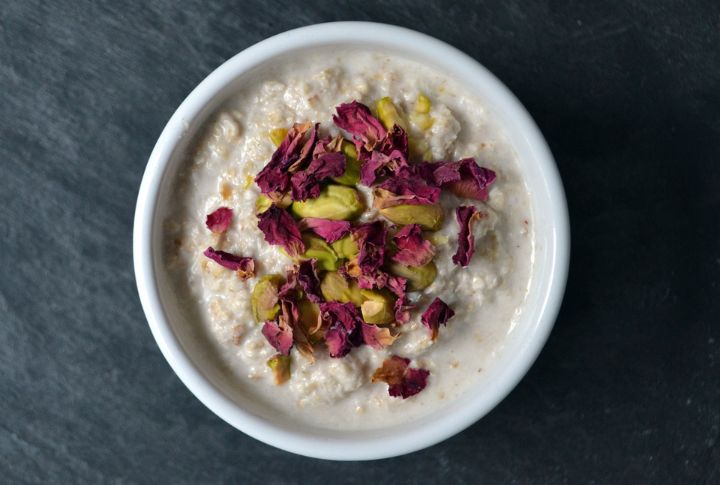
As one of the most healthy breakfast foods, we couldn’t miss adding cooked oatmeal to this list. Being rich in vitamin B, oatmeal helps keep dogs’ coats healthy, and linoleic acid, an omega-6 fatty acid, strengthens their skin. Oatmeal is typical in commercial dog food with its high soluble fiber content.
Cottage Cheese
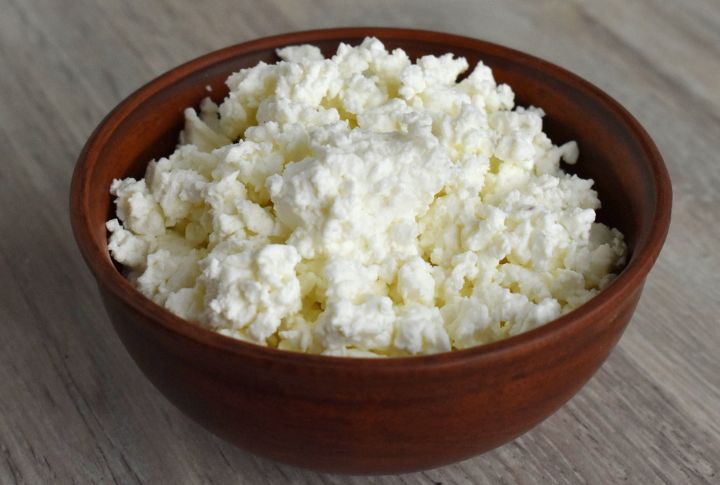
Some dogs can’t handle dairy well, but cottage cheese is low in lactose, rich in protein and calcium, and contains probiotics, making it easier to digest. Interestingly, when mixed with bland foods like white rice, cottage cheese becomes an excellent recovery meal for dogs with upset stomachs or irregular digestion.
Chicken
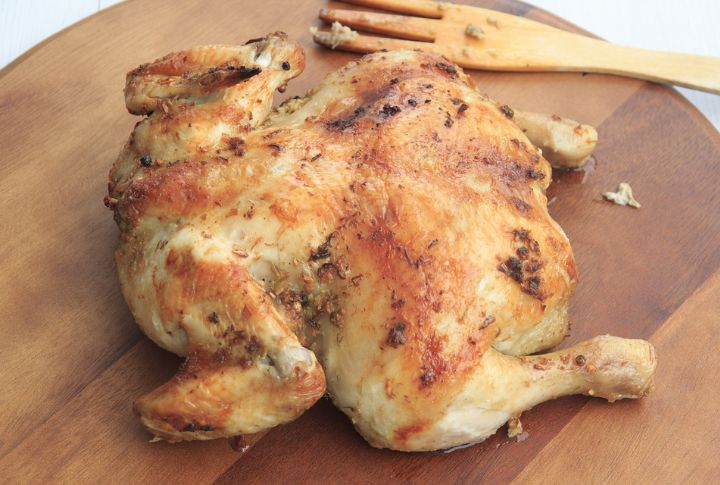
Since it is a good source of lean protein and can be given to them as long as it’s cooked thoroughly, unseasoned, boneless, and skinless, cooked chicken fillets makes an excellent high-value training treat or a low-calorie meal mixer. Although most dogs tolerate chicken well, it is a typical food allergen, so watch for any allergic reaction.
Bread
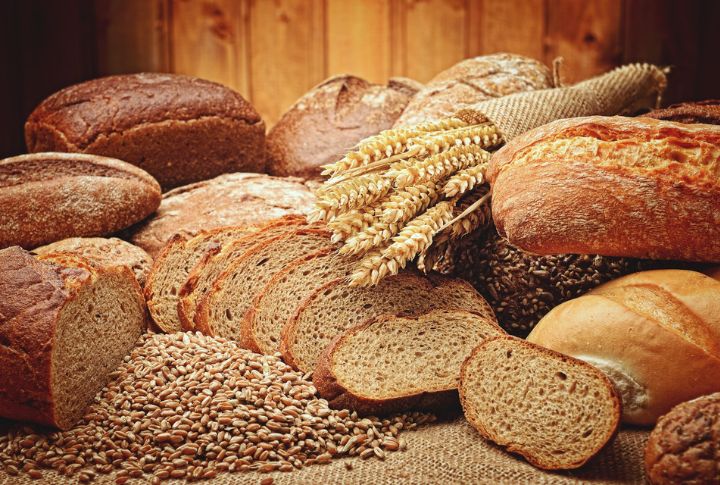
Have you ever given your dog pieces of bread? While they might love this tasty treat, it should only be offered occasionally. Bread is a heavy carbohydrate and not easily digested. They get their grain intake from dry food, which often contains more carbohydrates and starch than any other ingredient, potentially leading to digestive health problems.





